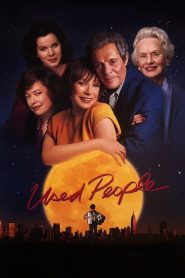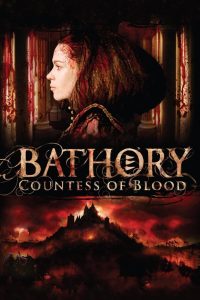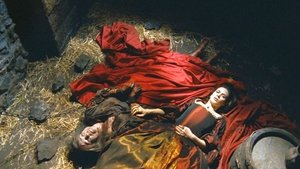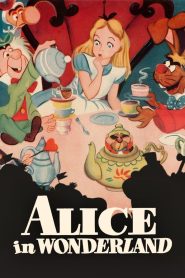
Video Sources 8 Views Report Error
Synopsis
Bathory delves into the captivating legends surrounding Countess Elizabeth Bathory, often labeled as history’s most notorious female murderer. However, beneath this dark reputation lies the story of a remarkable woman—a true Renaissance figure—who became a victim of the ambitions and greed of the men around her.
Set against the backdrop of 16th-century Hungary, the narrative explores Elizabeth’s life, revealing her as an intelligent and accomplished individual who was well-versed in the arts, literature, and politics of her time. Despite her noble lineage and progressive mindset, she found herself ensnared in a world dominated by male power dynamics.
As the tale unfolds, we witness Elizabeth’s tragic descent into infamy. Accusations of horrific crimes begin to surface, fueled by a mix of jealousy, fear, and the desire for control. Elizabeth’s tragic story raises questions about truth and myth, as the line blurs between her portrayal as a monster and the realities of her life as a woman in a patriarchal society.
The film presents a rich tapestry of historical context, exploring the intricate web of relationships that led to her downfall. We see how Elizabeth’s wealth and status made her both a target and a pawn in a dangerous game of power. As her story unfolds, it challenges viewers to reconsider the narratives that have shaped her legacy, ultimately portraying her not just as a figure of horror but as a symbol of resilience against oppression.
Bathory invites audiences to look beyond the sensationalized accounts of a woman vilified throughout history, revealing the complexities of her character and the societal forces that shaped her fate. It’s a poignant reminder of the often-untold stories of women who have been silenced and the need to reclaim their narratives.
Original title Bathory
IMDb Rating 5.7 4,734 votes
TMDb Rating 5.6 99 votes
Director
Director
Cast
Elizabeth Bathory
Juraj Thurzo
Caravaggio
Nadasdy
King Mathias
Monk Petr
Darvulia
Lady Katarina
Countess Czobor
Erika
































